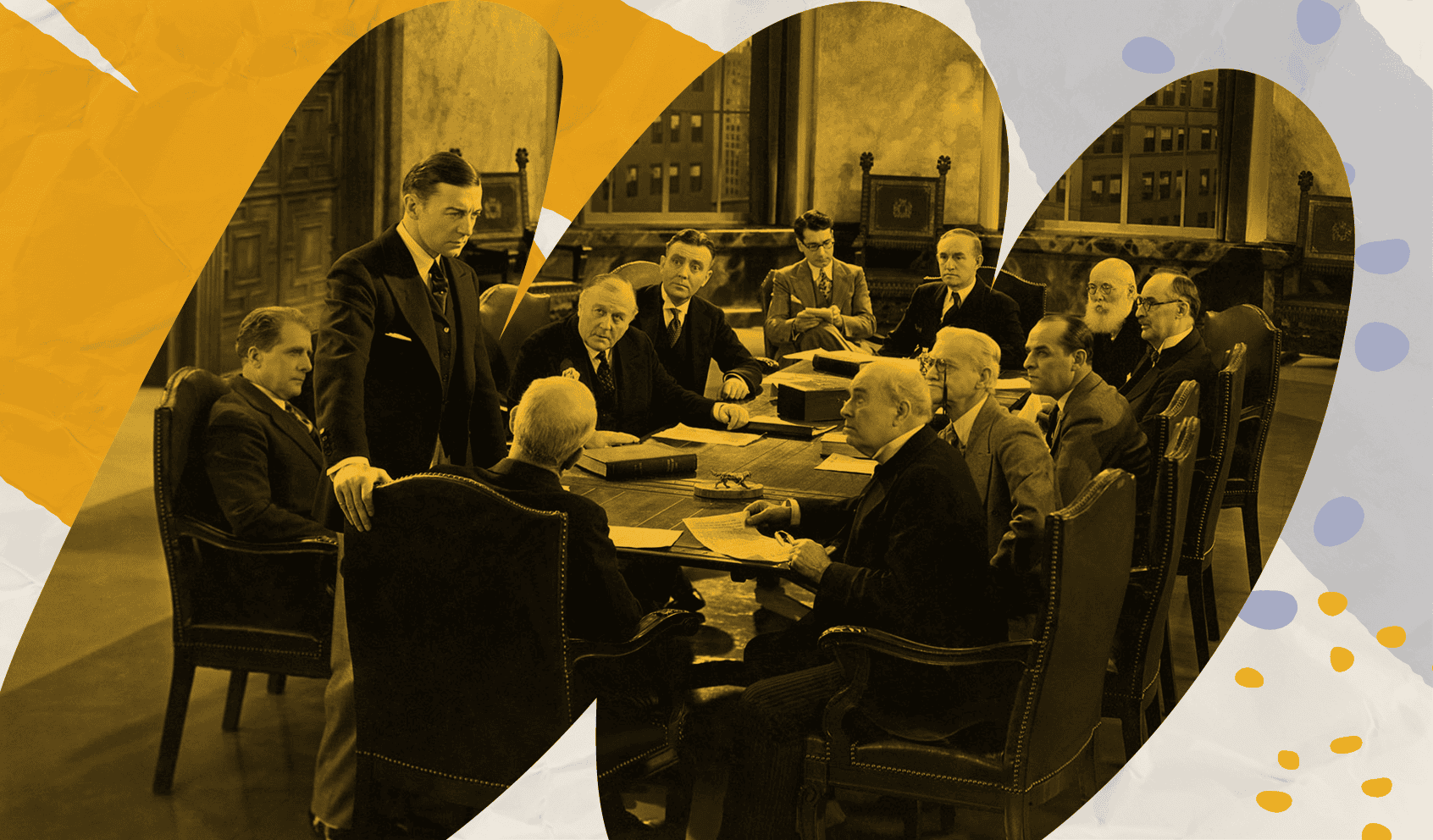Why Are HR Professionals Vastly Underrepresented on Corporate Boards?

Gillian French
Employee Experience Officer
January 17 2022

Workvivo’s Expert in Residence- Employee Experience, Gillian French, discusses the underrepresentation of HR professionals on corporate boards.
There have been numerous discussions recently on how organisations are adapting and changing to our new environment, but I’m not hearing how company boards should evolve.
One thing I’ve noticed during my working life is that people who have a background in HR rarely make an appearance on company boards. If they do, it is generally after a corporate indiscretion or incident.
“Boards continue to seek out directors with CEO and CFO experiences. Across the region, just under half of the seats, 44%, were filled with directors who had held those roles.” – Board Monitor Europe 2021 (Hedrick & Struggles)
Researching the concept further, I was surprised by the volume of articles informing people that if they wanted to serve on a board, they needed to have financial nous, strategic acumen and corporate governance, industry and market knowledge.
Nowhere did it say a strong background in developing others, organisation design and development, people leadership, building trust, self-awareness and core people skills were required.
I spoke to Brid Horan of The 30% Club, a former deputy CEO of ESB, about the topic.
“You hear all too often organisations professing that they are customer-centric and their employees are their most important asset, yet they don’t make an appearance on the company boards.” – Brid Horan
A Korn Ferry report (2019) showed ”fewer than 3% of sitting directors on the boards of Fortune 1000 companies were current or former HR executives.”

6 Benefits of Having HR Professionals on Your Company Board
The main challenges facing organisations today are people issues related to talent scarcity, organisational design, company culture, employee wellbeing, employee experience, talent development, diversity and inclusion.
HR professionals can make informed and practical contributions to overcoming these challenges.
1. HR will contribute a different level of questioning /enquiry. Questions such as:
- How can we scale/grow at this pace without burning out our longer serving employees?
- Why do we have such a high turnover of a specific demographic?
- Why is it taking us so long to recruit new talent?
- Is our employer brand strong in the market?
- Are people happy working here?
- Is our growth sustainable and how will it affect our employee wellbeing?
2. The majority of HR Directors are female, and we currently have an issue with underrepresentation of females on boards.
“Time and again, research shows that the more diverse a company, the better its performance” – Ann Cairns, 30% Club Global Chair
3. HR leaders are predisposed to think of people first and how particular changes will impact the team and culture. Their superpower is to think differently.
4. Boards need a diversity of perspectives and HR professionals can go a long way in providing this.
5. The strategic outlook for the future of work is paved with a myriad of people-related challenges; D & I, trust, sustainability, upskilling and new ways of work. Having a HR specialist on your board will help your business to navigate those challenges.
“Those things that are the most obvious are the very things we’re most likely to overlook” Pittacus Lore

5 Things That Need To Change
- We need more role models such as Wilson Thompson (Bio), Leena Nair, and Liz Joyce (Bio) to pave the way. Recent appointments such as Unilever’s CPO being appointed as CEO highlight how a career in HR is a great stepping stone to future board positions.
- We need HR professionals to start applying for board seats and becoming more vocal about what they want.
- Many organizations still set HR at Director level rather than C-suite in their organizational structure. This sends a message that they are not fully committed to strategic HR, or that HR don’t have a valid and equal share of voice at the executive table.
- We need to stop thinking of HR as a support or administrative function. HR is core to business success, not an expense or an overhead.
- HR needs to be equal to other executives on the team such as Finance, Sales, Operations and Strategy. For too long, this has not been the case.
Personal Experience
My experience is that people think they understand other people because they have their own experiences to draw on from working in organizations. They form an opinion on what they like and don’t like based on what worked in previous workplaces. But key decisions regarding organizations cannot be made on personal preferences or past experiences.
This is a fatal organization pathology, particularly when members of a board with an average age of 56-plus are giving their view and opinion on an organization with an average employee average age of 28.
It leads to a disjointed people strategy and a poor culture.

HR is a specialised field and requires years of training. HR professionals are not alone. Marketing and Legal rarely make an appearance on boards either, possibly because these functions are viewed as administrative and knowledge overheads, while other functions within a business have fee lines and P&L responsibility.
If you are a HR executive, the timing is perfect for putting yourself forward for a board position. This is the only way we will start to move the needle on improving workplaces globally.
If you are a board member, you have a duty of care to the shareholders and your employees.
“The board’s key purpose is to ensure the company’s prosperity by collectively directing the company’s affairs, while meeting the appropriate interests of its shareholders and relevant stakeholders.” – Standards for the board, IOD

What You Can Do
If you are an employee selecting your next career move, take time to do your due diligence on the company’s board. Ask yourself: is it diverse in its makeup? Is this a company I want to be a part of?
When reviewing articles on HR appointed board hires, there always seems to be a reporting style that focuses on the appointment being a ‘shock move’ or an ‘unusual appointment’.
We need to remove these barriers.
Any organization that sees the benefits a HR background can bring to a company board will reap the benefits before their competitors. Now is the time to get ahead of the curve.
____
Significant Recent HR Board Appointments
- Leena Nair – Recently appointed CEO of Chanel, previously CHRO of Unilever
- Kathleen Wilson-Thompson – CHRO at Tesla & Tesla Board Member
- Liz Joyce – Non-Executive Director, Football Association of Ireland
- Darleen Caron – Managing Board, Siemens Healthineers
____
I would love to continue the conversation. Reach out to me at gillian.french@workvivo.com and we can break the mould together.
